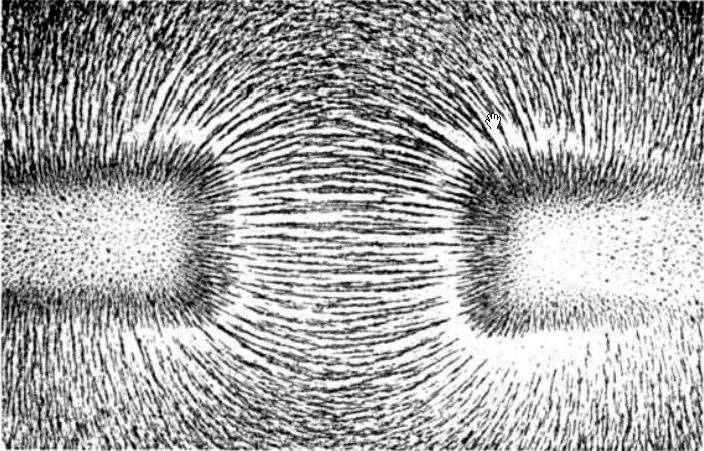
Here at the cusp of a new year, I'd like to take a little amble down memory lane, back to the heady days of 2003. Only a very few Liam Warfield completists (count on one hand) probably know of my lost albums-- I've made six or seven, depending how you define "album". Several of these I basically just gave to my friend and musical comrade John Bellows; they've otherwise gone unheard. No great loss--we're not talking about masterpieces here. But in that delirious spring of 2003, I took my first tentative steps towards promoting myself as a recording artist. I'd just returned to Chicago after several intense months in San Francisco. I was living with my close friends Rollin and Todd in a messy garden apartment in Humboldt Park, and the war in Iraq had just begun.
The general atmosphere, especially at home, was quite tense those first wartime weeks. All three of us, Todd, Rollin and I, were feeling a bit battle-crazed, and we all somehow simultaneously made record albums-- Todd at his friend Kevin's house and Rollin and I doing timeshare with the 4-track at home. We decided to release the three albums together, and have a house party to celebrate. Rollin's album had the delightful title Manlihood Likelihood, and felt like outsider music in the truest sense--the narrator of his songs had the bewilderedness of a crash-landed Martian, and the record sounded like a haunted answering machine. Todd's album was a collection of full-freakout jams thrown down with Kevin, their teenage brains sizzling with potsmoke and Sonic Youth. My album, which I apparently didn't title, I made and gave away probably ten copies of, a giant leap forward for my musical career.
I found a copy the other day, which I'd stolen from John and stashed in some box. And, listening to it after all these years, I really like it! It's such a weird artifact, from such a weird and manic time in my life. I've decided it might as well be "out in the world", so feel free to give it a listen here, if you're really curious enough. You may or may not enjoy it. It's not exactly mellow listening. If Todd was all Bad Moon Rising, my touchstone at the time was Beck's Stereopathic Soul Manure, a sprawling, drugged-out sound collage of a record in the tradition of Beefheart's Trout Mask Replica (another house favorite). Under this spell, I recorded this collection of improvised songs, half-songs and disjointed fragments on a handheld tape-recorder and then sped up the tape to Alvin and the Chimpunks velocity (am I selling this thing, or what?); the whole album is quite literally rushed (17 songs in 17 minutes!).
Musical merits aside--and you'll forgive me the tackiness of reviewing my own record--what fascinates me about this album is that it was was my immediate, visceral reaction to our plunge into war (and who'd have thought we'd still be fighting eight years hence?). While not addressed quite directly, the war is all over the album. There are several tracks where I'm guitar-dueling with newsradio; you can hear BBC announcers talking about Turkish troops in Northern Iraq. Another track consists simply of me reading the day's weather report, the only news coming out in those days that made any sense. Probably my favorite track is Zero, a snarky, literal response song to Bob Dylan's facile Blowin' in the Wind (How many roads must a man walk down? Zero. How many times must the cannonballs fly? Zero. Et cetera). Other standout tracks for me are Water into Wine, a reverie on alcoholic escapism, and My Bird, a deceptively jaunty little chord-organ tune full of debauched nursery-rhymes (Smoke a little hash/Throw up in the trash/Make a little cash/You dine and then you dash). I don't play a great deal of music these days; I hope to again some time, and hope to record some day as well--though I doubt I'll ever toss off anything as careless and careening as these 17 deranged little numbers.
At any rate--Happy New Year to all!




















































